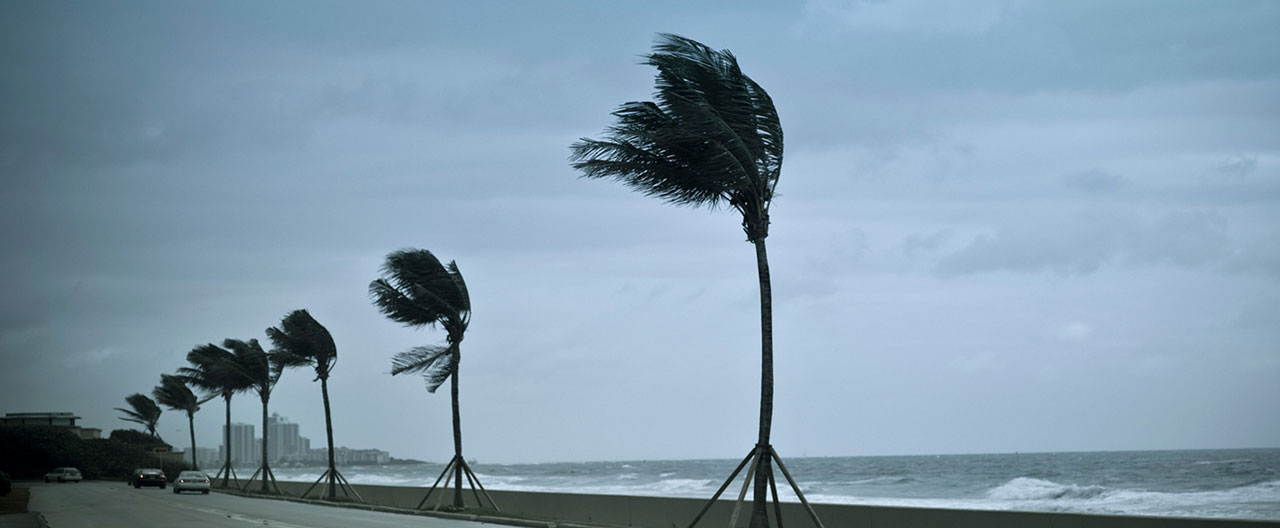- Individuals & Families
- Businesses
- Agents & Brokers
- Embedded Insurance

Chubb ranked #1 for Customer Satisfaction with the Home Insurance Claims Experience

Chubb ranked #1 for Customer Satisfaction with the Home Insurance Claims Experience

Chubb ranked #1 for Customer Satisfaction with the Home Insurance Claims Experience

Chubb ranked #1 for Customer Satisfaction with the Home Insurance Claims Experience

Because pets are family, Chubb now offers pet insurance with top-rated coverage from Healthy Paws.

Chubb offers the insurance protection you need for travel’s many “what ifs”.

Chubb protects small businesses at every stage – from newly formed start-ups to long-time anchors of the community.

Stay ahead of cyber threats with our free Cyber Claims Landscape Report.

Learn more about our dedicated learning paths, Online Learning Center, and more.

Many digital-savvy consumers look for it as a core or add-on option.

Many digital-savvy consumers look for it as a core or add-on option.

Many digital-savvy consumers look for it as a core or add-on option.

Chubb’s in-house technology makes it easy to integrate what we do into your customer experience.
-
About
-
Claims
-
Login & Pay Bill
For Agents & BrokersFor Travel Advisors
-
Back
Sometimes Mother Nature has a way of reminding us who’s in charge. While you can’t control when or where a hurricane will hit, the best way to minimize potential damage is to be prepared.
Hurricane Prep Tips
When a major storm is coming, stay informed by following NOAA Weather radio or your local news channels for updates. In addition, make sure to obey all orders if requested to evacuate by the authorities. Follow these 10 hurricane and storm preparation steps to keep your home and loved ones safe before disaster strikes.
- Make a plan
If evacuation is necessary, turn off all utilities and follow community disaster preparedness plans. Select a common meeting place or single point-of-contact for all family members. If you have pets, have a plan for their evacuation as well. - Secure the exterior
Trim large trees and shrubs and bring all outside patio furniture, potted plants, bikes and toys indoors. If necessary, secure outdoor sculptures with burlap or blankets tied with rope.
- Install storm shutters
Protect windows, doors and skylights with appropriate shutters or impact-resistant glass. You can nail pieces of plywood to window frames as last-minute protection.
- Check wall hangings and art
Make sure wall hangings are secure and take notes about your art collection and any existing damage. Make sure that art hung on outside walls are taken inside, and elevated off the floor. Click here for more tips on how to help protect your art and other valuables from severe storms, winds, and floods.
- Move your cars
Move cars to higher ground or park them in your garage against the garage doors. Do not park under trees, power lines or in low-lying areas.

- Power up
Fill your car’s gas tank, charge your cell phone, test your generator and have plenty of fuel ready in case of power outages. - Unplug appliances
Move appliances and household fixtures away from exterior doors and window openings. Store them in cabinets or interior closets. - Store important documents
Keep important documents, such as legal papers, birth certificates, marriage license, financial papers and insurance policy information, as well as valuables such as jewelry, in a safety deposit box or in a bolted safe in an interior closet in your home. - Prep an emergency kit
Gather flashlights, a portable radio, extra batteries, non-perishable food, bottled water, cash, blankets, clothing and toiletries. - Identify a shelter room
This enclosed area should be on the first floor, in the central part of the house with no windows. Avoid all unprotected windows and doors until the storm passes.
For more tips on how to prepare for a hurricane, check out these resources from Ready.gov.
Already a Chubb client? Log in to review your coverage.
Insights and expertise
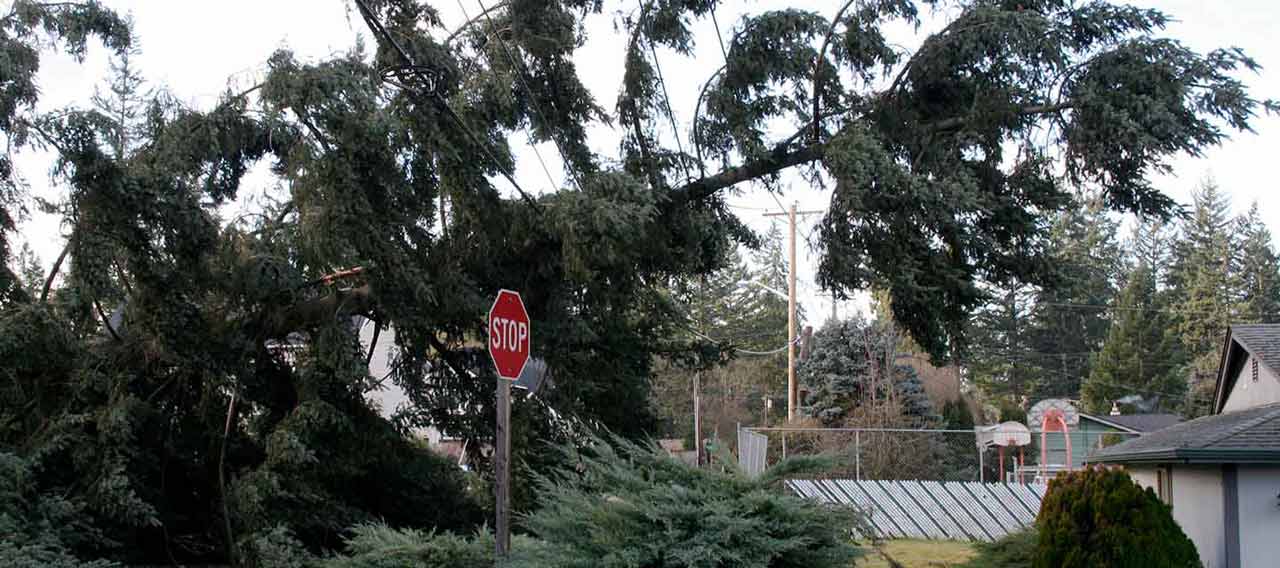
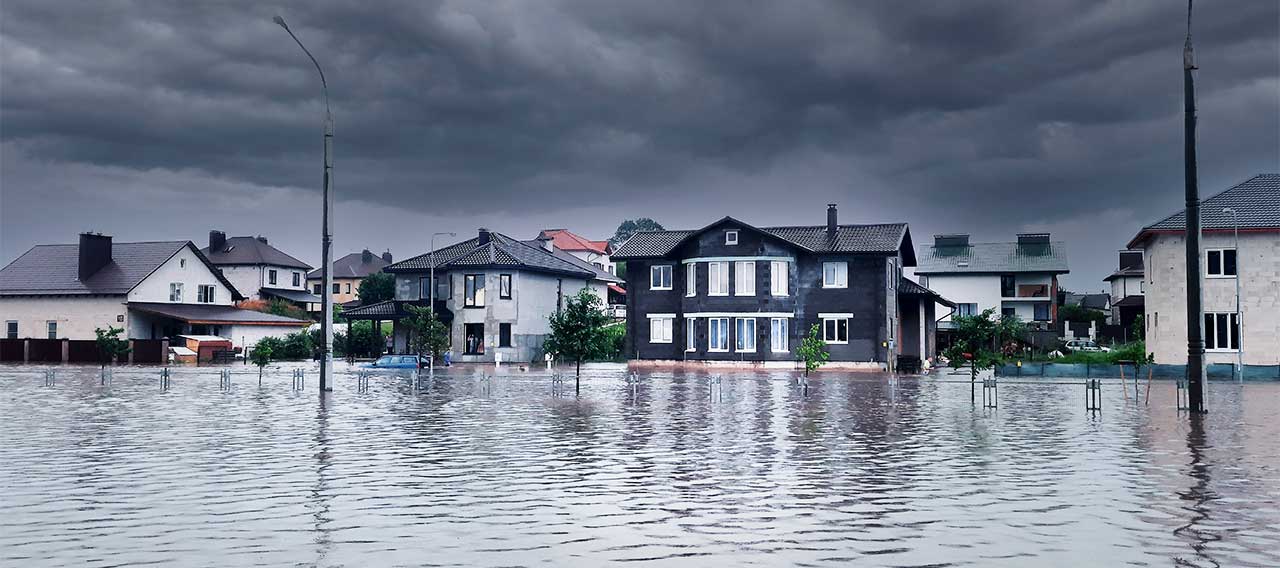
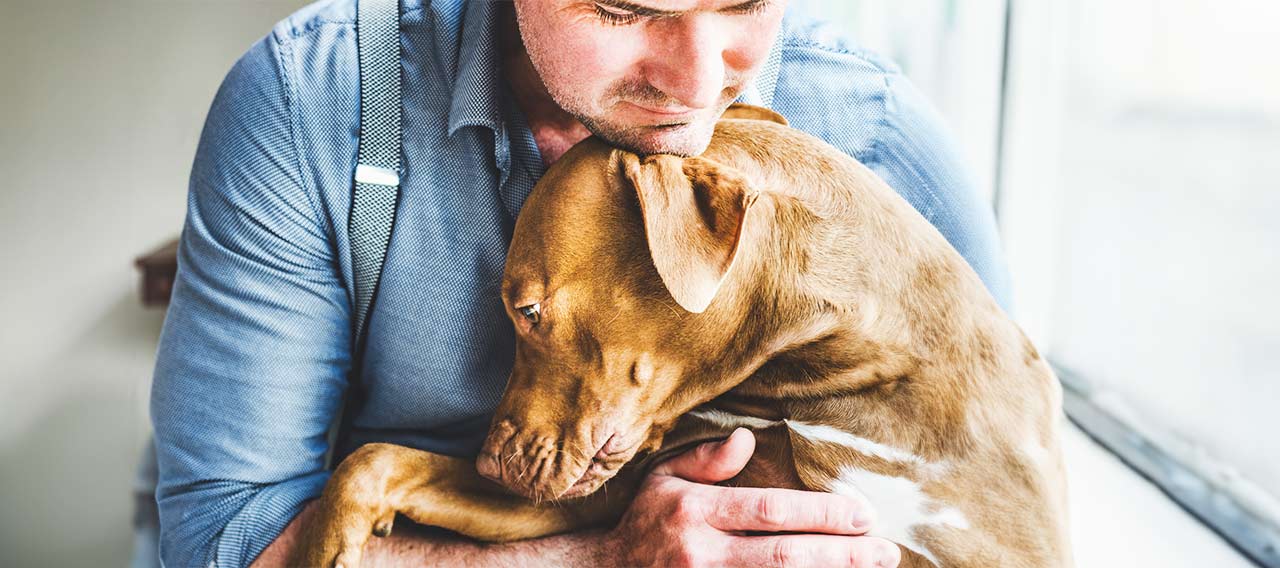
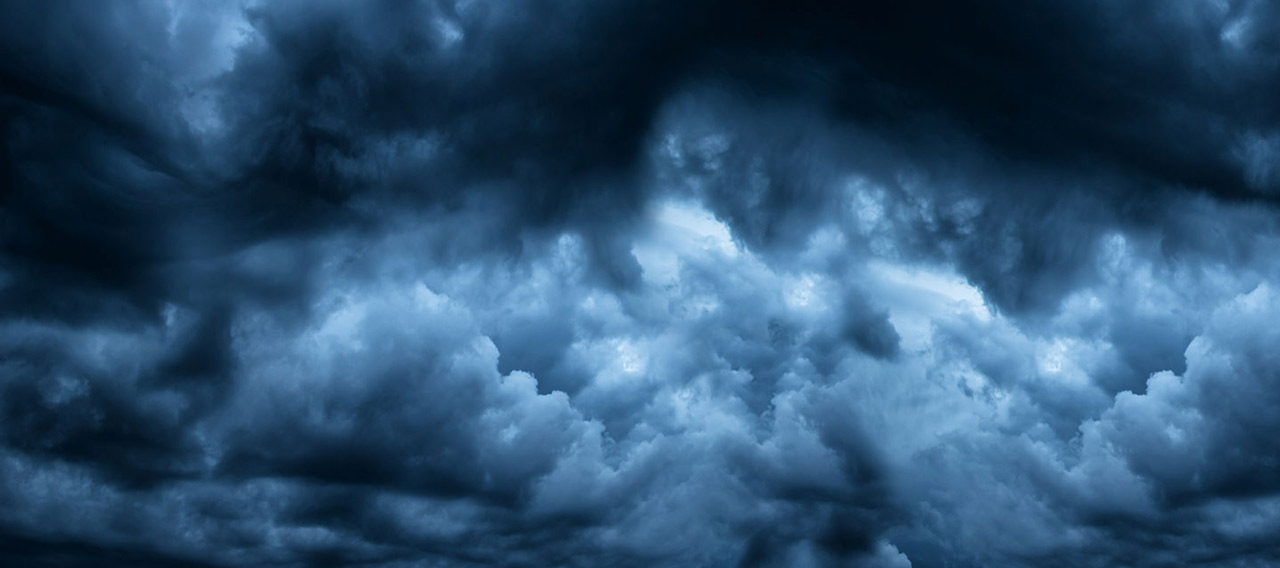

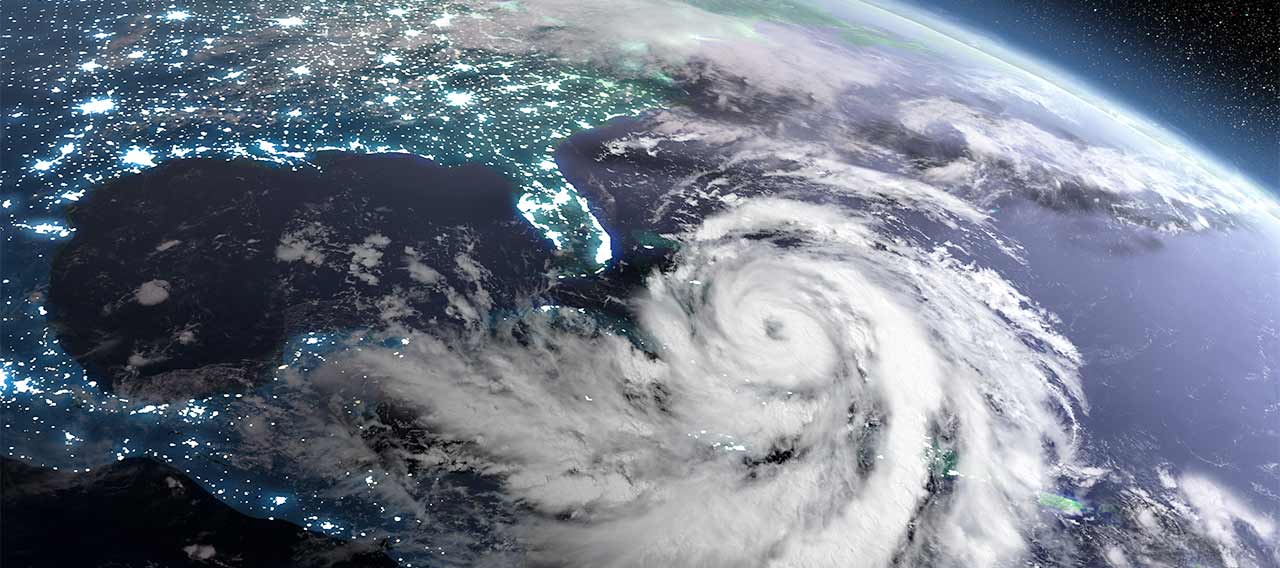
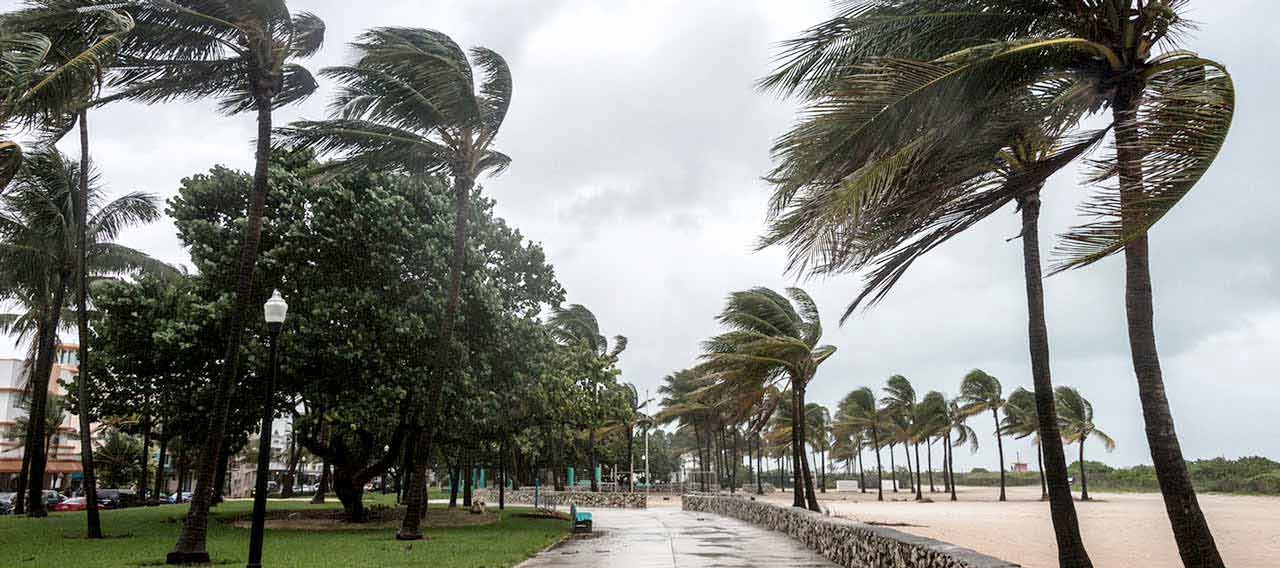

Get a personal insurance quote
Work with an independent agent to get personalized insurance solutions.
This document is advisory in nature and is offered as a resource to be used together with your professional insurance advisors in maintaining a loss prevention program. It is an overview only, and is not intended as a substitute for consultation with your insurance broker, or for legal, engineering or other professional advice.
Chubb is the marketing name used to refer to subsidiaries of Chubb Limited providing insurance and related services. For a list of these subsidiaries, please visit our website at www.chubb.com. Insurance provided by ACE American Insurance Company and its U.S. based Chubb underwriting company affiliates. All products may not be available in all states. This communication contains product summaries only. Coverage is subject to the language of the policies as actually issued. Surplus lines insurance sold only through licensed surplus lines producers. Chubb, 202 Hall's Mill Road, Whitehouse Station, NJ 08889-1600.


